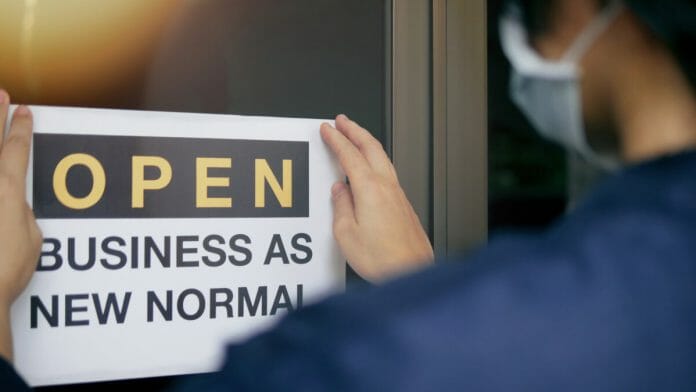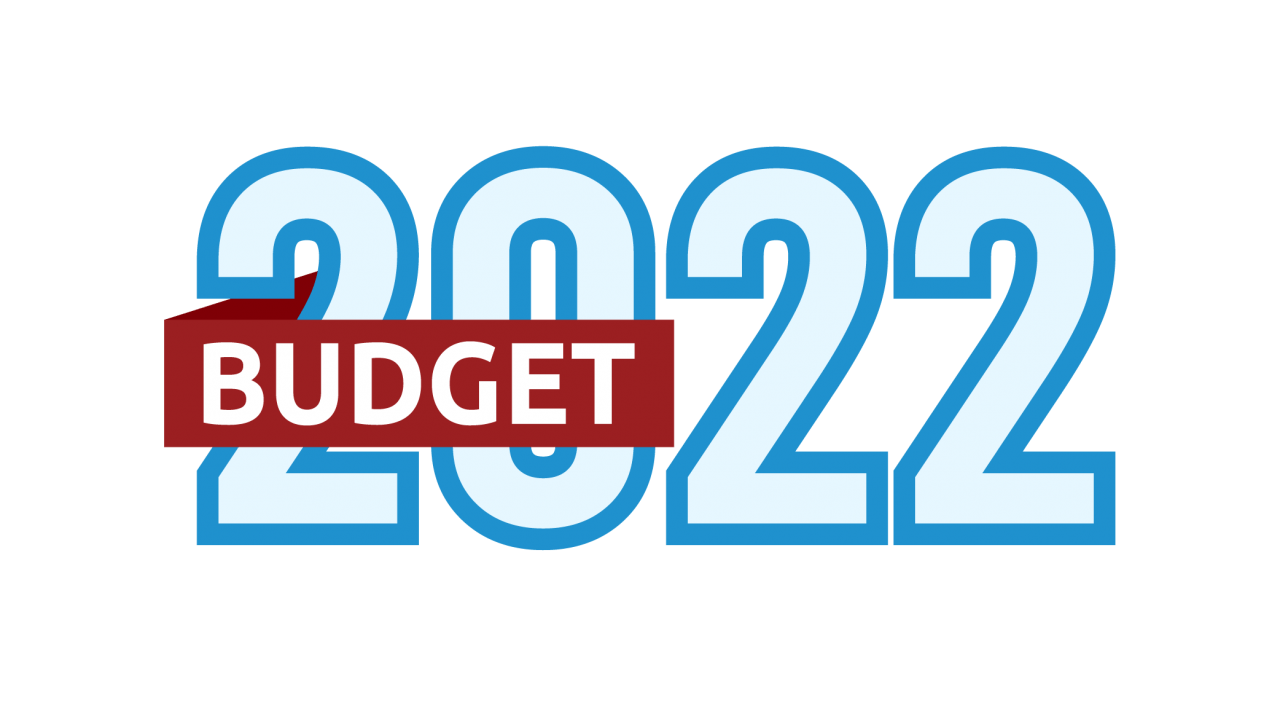By Lee Heng Guie
REVIVE AND RECHARGE THE ECONOMY
Policymakers must figure out how to fix a shattered economy, rebuild from the damage of the pandemic to become more resilient, and to safeguard it against the next catastrophe. The 2022 Budget marks the second year of the 12th Malaysia Plan (2021-2025).
The immediate priority is to craft a swift economic recovery plan for generating growth, enhancing economic resilience, revitalizing private investment, creating jobs, reskilling, and upskilling of manpower.
Fiscal revenue constraints in the face of high expenditure to support pro-growth and business recovery. The 2022 Budget’s pre-statement has accorded priority on medium-term revenue strategies: Managing revenue leakages via plugging revenue loss from smuggling and counterfeiting; strategies to increase tax revenue through increased tax compliance; and tax incentives review.
In this regard, the 2022 Budget could implement some initiatives and review of tax treatment to curb elements of revenue leakage or harmful practices as well as to address cross-border tax evasion in digital economy activities. These include the implementation of Special Voluntary Disclosure Program (SVDP) for indirect taxes administered by the Royal Malaysian Customs Department (RMCD); introduction of a Tax Compliance Certificate as a pre-condition for tenderers to participate in Government procurement; and the implementation of the Tax Identification Number (Tax Identification Number or TIN).
Minister of Finance has already said that tightness in fiscal space and narrow tax base cannot afford to reduce the corporate tax rate. There will be no reintroduction of the Goods and Services Tax (GST), which could be due to the current weakening economic and business conditions amid concerns about the political backlash. Nevertheless, we think that the Budget can make a policy statement on the GST, paving for its eventual implementation in 2023.
We are looking for tax and non-tax incentives, a continuation of financial assistance and relief for households and businesses, sector-specific funds and grants to drive the economic recovery through stimulating consumerism, improving business investment prospects, electrifying green investment and infrastructure, and tourism support.
The vulnerable households and informal sector must continue to be given appropriate social safety protection in terms of income, jobs, and skill support. Backed by the lifting of movement restrictions and reopening of economic and social sectors in stages in 4Q 2021, the 2022 Budget is expected to help to boost households’ discretionary consumption and sentiments amid still weak job growth (the jobless rate at 4.8% in July). Amongst these could include a continuation of targeted cash handouts for B40 households; higher amount of e-wallet payment, which has to be spent within a stipulated period; higher special personal tax relief; higher tax relief limit each for contribution to EPF and insurance in order to relieve the financial burden of wage earners.
Higher resources allocation for improving the skilling/reskilling/upskilling development ecosystem would also be a welcome move. Top of the Budget’s allocation is the much-hope for helping people develop new skills, start an apprenticeship, and get better-paid jobs and helping small business owners get the training, skills, and technology they need to compete with bigger firms and become high growth companies of the future.
Measures to support the property sector and automobiles: Home Ownership Campaign (HOC) to extend until 31 December 2022 (from 31 December 2021); the extension of Real property gain tax (RPGT) exemption for another year; and the exemption of imported passenger vehicles to extend until 31 December 2022 (from 31 December 2021).
Businesses need to make up for lost time on recouping shattered business revenue and increasing investment. Many badly hit firms are eager to see tax reliefs and incentives to support their revival and invest in digital technology and automation. A number of sector-specific incentives, in particular for businesses that suffered the most from the prolonged pandemic’s impact.
Besides the continued provision of concessionary interest rate facilities and soft loan funds as well as grants to support micro and SMEs’ business restructuring and expansion, businesses would welcome the following relief support in Budget 2022 to ease pressure on operating costs.
Amongst these include no increase in the minimum wage and statutory payment (such as EIS); 25-50% discounts to all companies with foreign worker permits; waive levy contribution for the HRD Corp until 31 December 2022; extend the wage subsidy program until June 2022 for affected industries; the extension of special tax deduction to premise owners offering a rental discount; continued targeted repayment assistance; to waive the tax instalments for Companies (Form CP204) and Individuals (Form CP500) fall due in the year 2021-2023; and payment of the balance of tax for YA 2021-2023 in 3 monthly instalments for companies (Form C) and individuals (Form B).
We believe that Budget 2022 would add considerably green investment and infrastructure spending, including public healthcare as the core of our economic recovery, incorporating the planned projects identified in the 12th Malaysia Plan. The ongoing investment in infrastructure as well as new investment in roads and rail, schools and hospitals, and housing. Green infrastructure, which increases resilience to environmental challenges with the contribution of green technology coming from five sectors, i.e., energy, transport, building, waste and water The Government should use this opportunity and introduce a landmark budget helping to ramp up public healthcare facilities. Public healthcare spending at 2% of GDP currently must be increased progressively to at least 4%.
For the sector-specific, Support, Recovery and Re-set Plan will provide support for the tourism sector nationwide, to enable the reset of tourism to be more sustainable and resilient. The micro and SMEs, start-up, and e-hailing will be supported by business digital training, advisory and facilitation programs. Special Reinvestment Allowance (RA), Accelerated Capital Allowance as well as the automation fund will be given to support business and industry transformation towards Industry 4.0.
This is the part 2 of the two part series from Mr Lee Heng Guie, Executive Director, SERC










